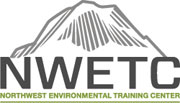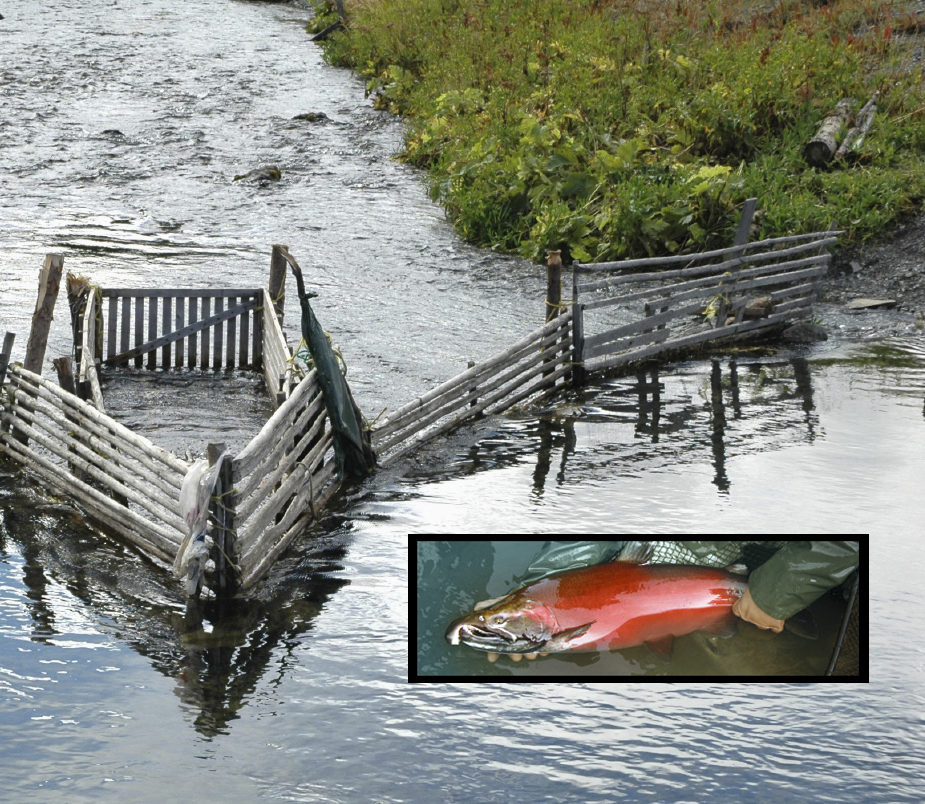1. Which chemicals are likely in fish and shellfish
2. How to collect samples to have analyzed
3. Why be concerned about these chemicals in food
4. How we make decisions about allowable levels
5. Where to look for more information about already analyzed samples (e.g. fish consumption advisories) and what potential concerns should be.
6. How to limit exposure (e.g. limiting consumption, preparation methods, etc.)










